



The Birnbaum lab is interested in decoding and manipulating immune recognition. We are particularly interested in developing and utilizing techniques to generate large amounts of molecular diversity, in order to better understand the diversity present in natural immune repertoires. We utilize skills and techniques from disciplines including protein engineering, structural biology, protein biochemistry, cellular immunology, sequencing, computational biology and bioinformatics.
Current projects focus on: engineering T cell signaling for engineered cell therapies, including CAR T cell therapies and engineered TCR therapies; developing platforms to capture repertoire-scale diversity on both sides of the TCR-pMHC interface; developing improved strategies for sequencing immune repertoires; and studying TCR-pMHC interactions in cancer, autoimmunity, and infectious disease.
Not only are we interested in relentlessly pursuing interesting and important scientific questions, we are dedicated to developing highly-skilled, rigorous, curious, and collaborative trainees.
Want to meet some of our prior team members? Check out our alumni page.
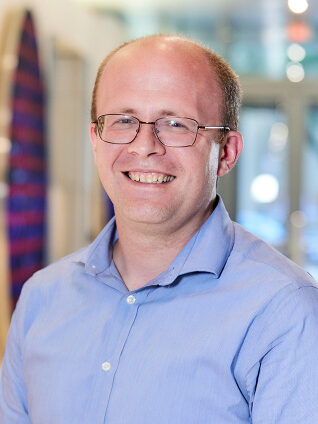
Principal Investigator
A.B., Harvard University, 2008
PhD, Stanford University, 2014
Michael went to Harvard for undergraduate and then to Stanford for a PhD in Immunology. He is now back in Cambridge, and interested in immune receptor recognition and engineering.
In his spare time, he tries every single new restaurant he can and convinces himself he likes running.
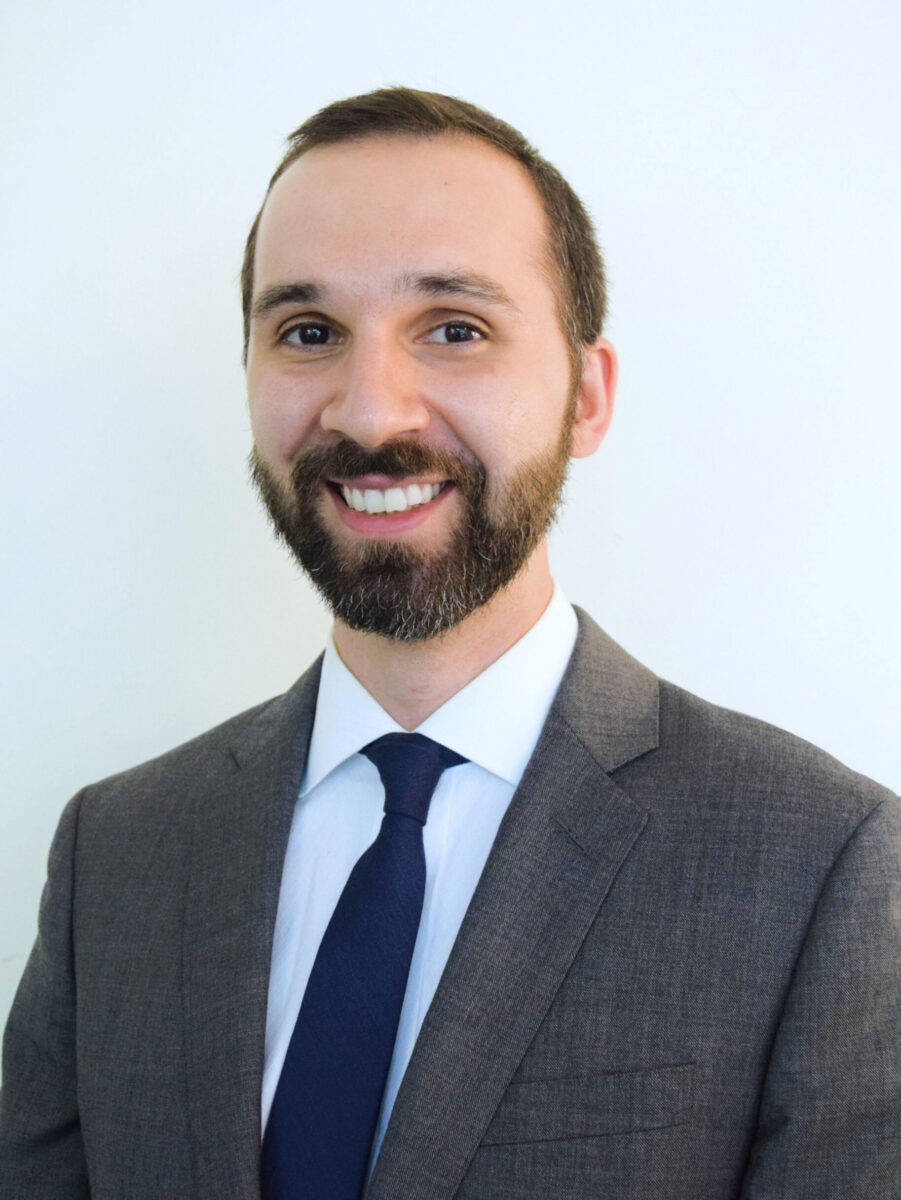
Clinical Fellow
B.S., M.S., Stanford University, 2014
PhD, Stanford University, 2020
MD, Stanford University, 2021
Amin graduated from Stanford University with a BS in Materials Science & Engineering and MS in Management Science & Engineering. He subsequently joined Stanford’s Medical Scientist Training Program to obtain his MD and PhD in Bioengineering. He completed residency in Internal Medicine at Brigham and Women’s Hospital and is currently a Clinical Fellow in oncology at Dana-Farber Cancer Institute where he cares for patients with lymphoma. He is interested in the interplay between adoptive cell therapies and endogenous immunity, as well as library-based approaches to enhance T-cell function. Outside of lab Amin enjoys traveling with his wife, playing basketball, writing Op-Eds, and exploring the Boston food scene.
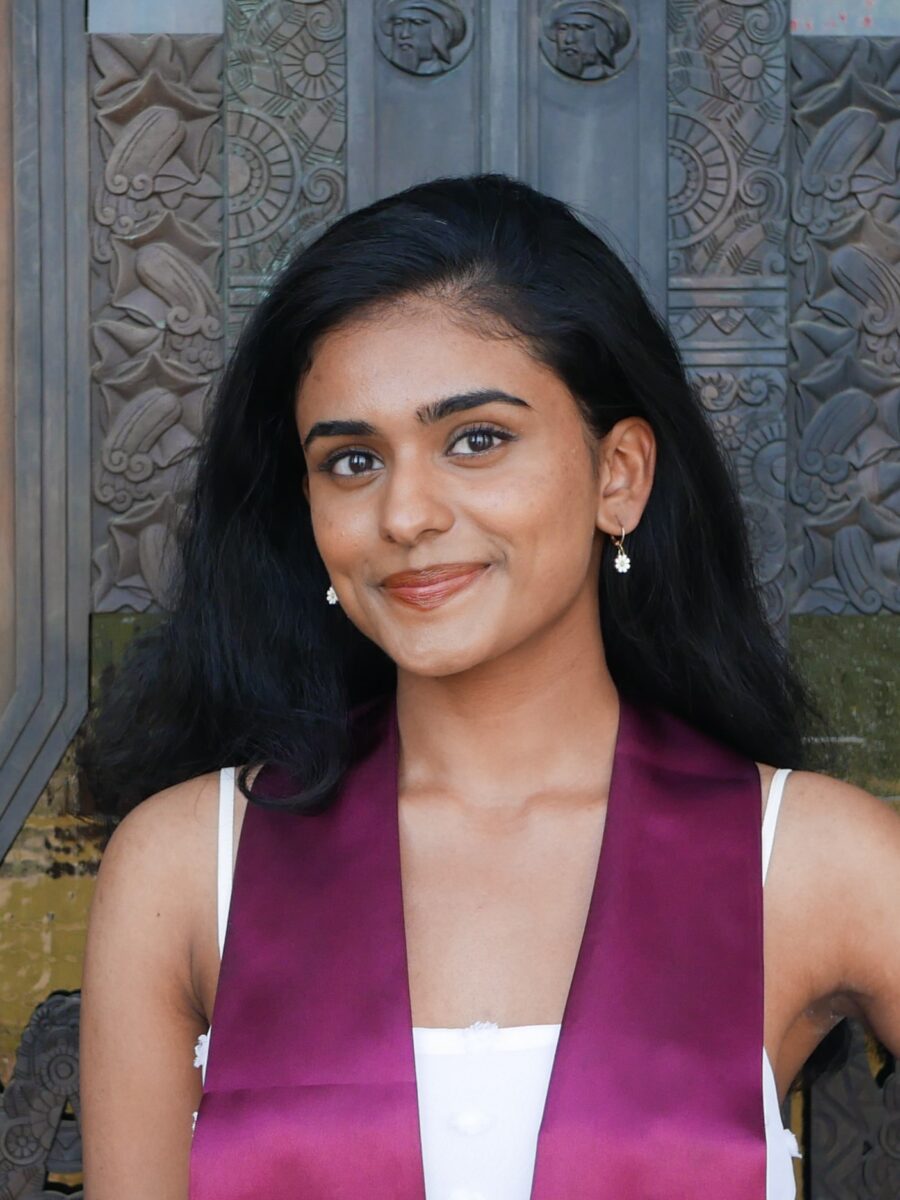
Research Technician
B.S., Texas A&M University, 2022
Samyuktha graduated from Texas A&M University with a bachelor’s degree in Biomedical Engineering. She is currently studying antigen recognition by T cell receptors in the context of autoimmune diseases and cancer. Outside of lab, she enjoys exploring the city, playing tennis and hiking.
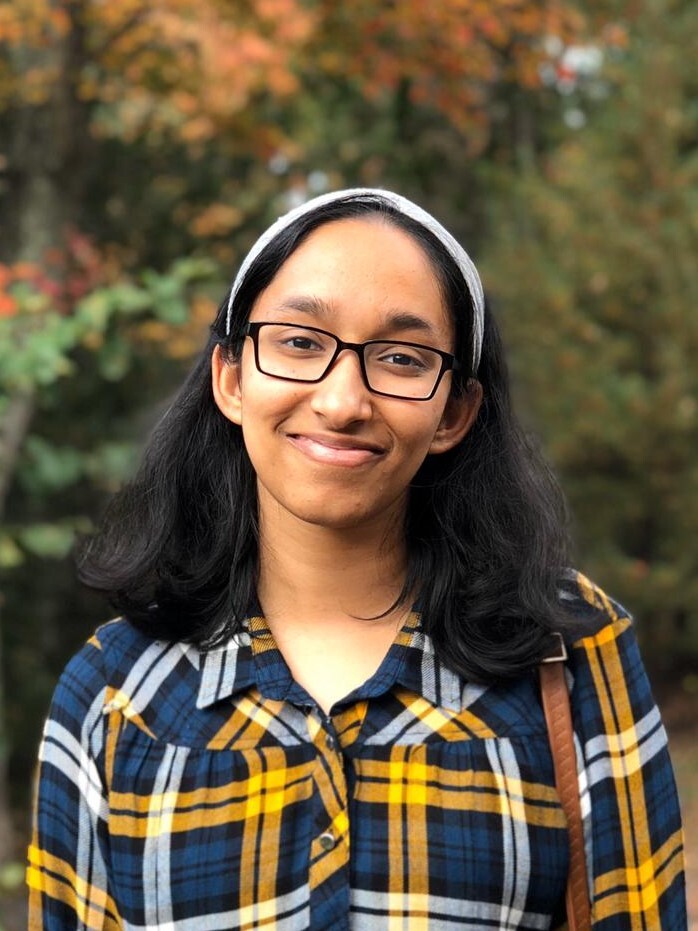
Graduate Student
B.S., Boston University, 2021
Pallavi graduated from Boston University with a Bachelor’s degree in Biomedical Engineering and a minor in Electrical Engineering. She is interested in understanding immune recognition in the context of autoimmune diseases. Outside of lab, she can be found writing music, playing the piano, and convincing her long-suffering friends to sing along.
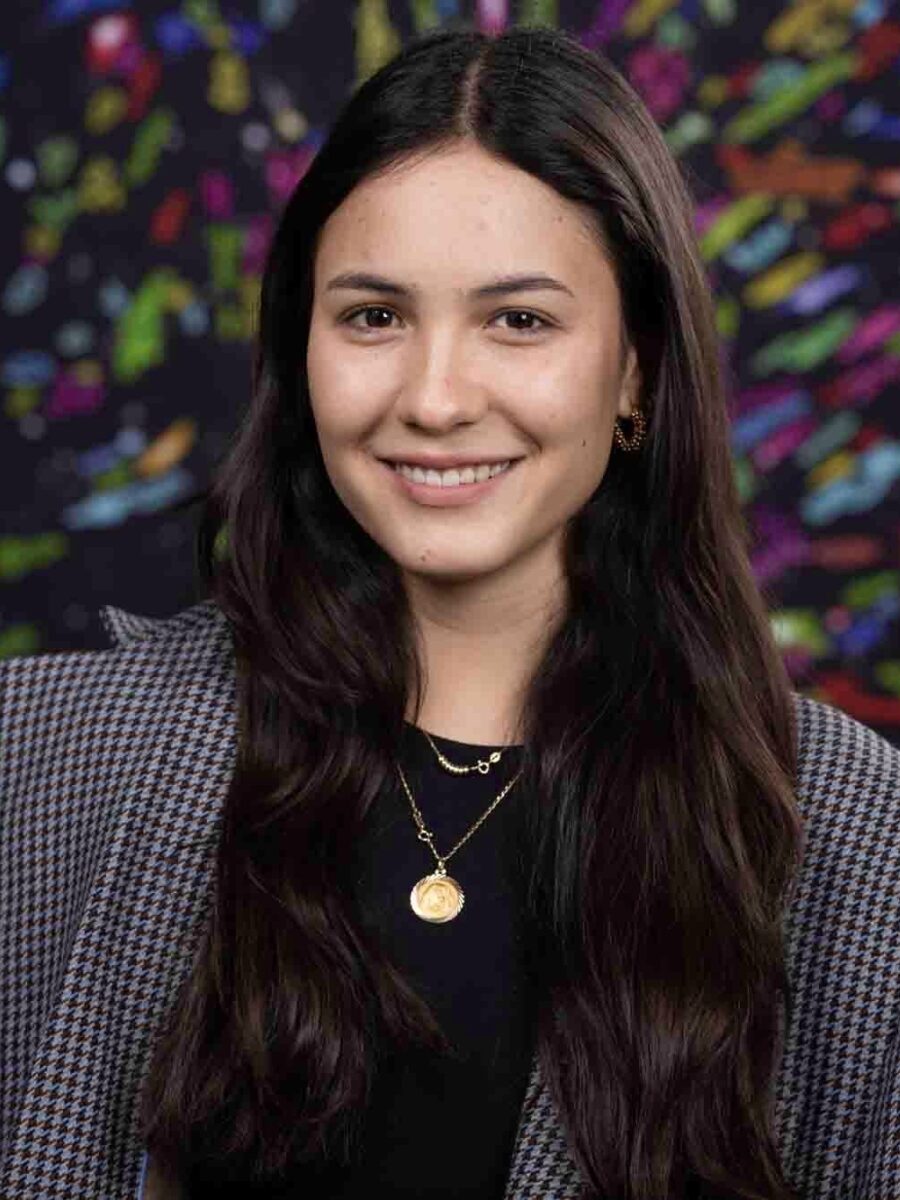
Graduate Student
B.S., Tufts University, 2023
Ariana is an international student from Ecuador who graduated from Tufts University with a degree in Biomedical Engineering. She is passionate about developing therapies for autoimmune diseases and cancer, focusing on improving CAR-T therapies and engineering lentiviruses for targeted cargo delivery to specific cell types. In her free time, Ariana enjoys horseback riding and FaceTiming with her family and friends back home!
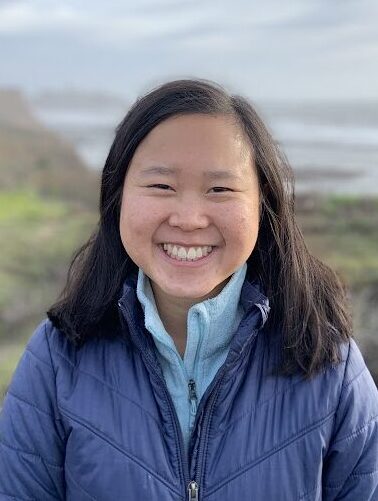
Graduate Student
B.S., UCLA, 2021
Amanda graduated from UCLA with a degree in Bioengineering. After graduation, she spent a year as a postbac at the NIH studying the role of tissue resident memory T cells in HIV pathogenesis. She is fascinated by the immune system, and is interested in decoding T cell recognition and utilizing this understanding to advance immunotherapies.
When not pipetting, Amanda likes to go on long walks, bike, hike, and do pretty much any outdoor activity.
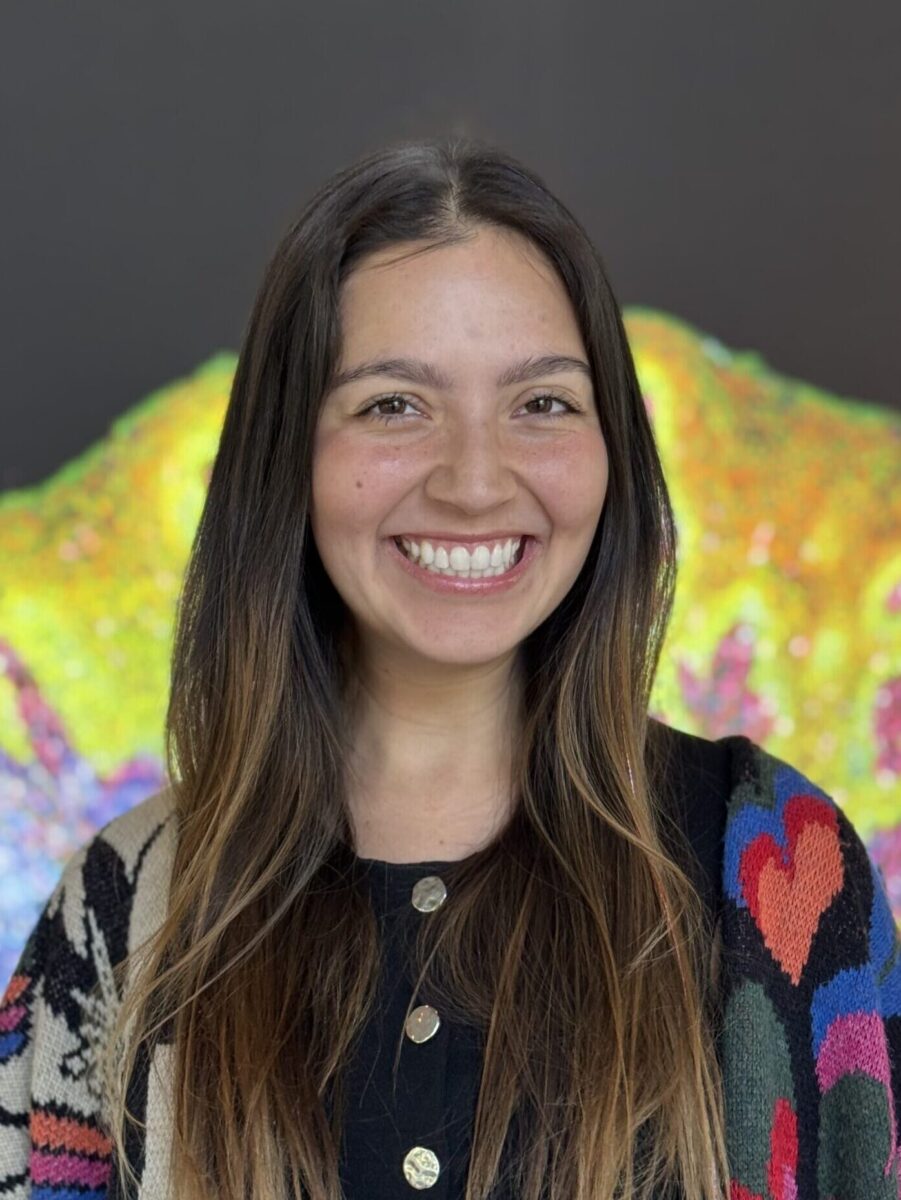
Graduate Student
B.S., Costa Rican Institute of Technology
Majo completed her undergraduate studies at Tecnológico de Costa Rica, with her thesis work at the Bashor Lab, Rice University. She later joined the Roybal Lab at UCSF, where she designed the SNIPR platform to sense natural and de novo soluble components for more specific immunotherapies. Now at MIT, co-advised with the Weiss Lab, she works at the intersection of synthetic biology and immunology to advance synthetic decision-making for cancer and autoimmunity. Outside the lab, she enjoys FaceTiming her family and dancing.
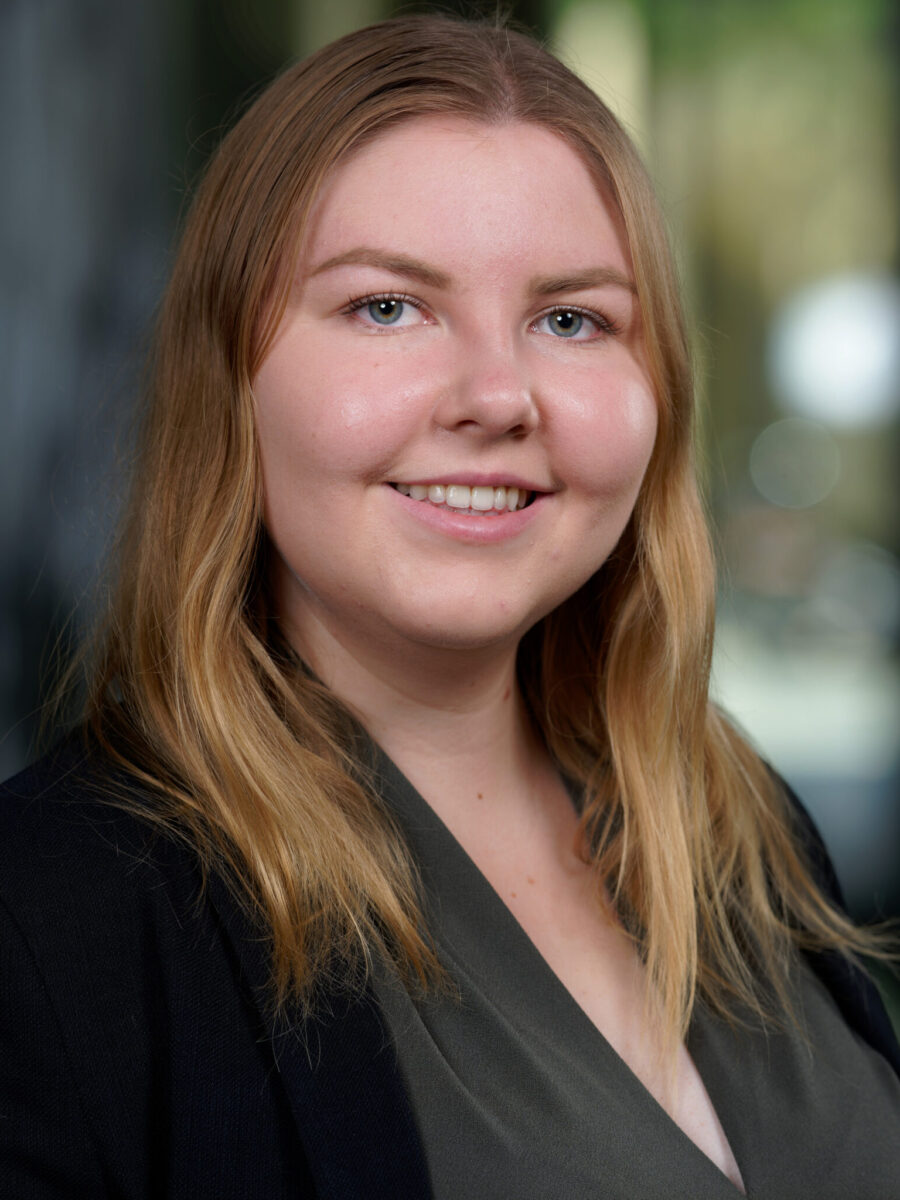
Graduate Student
B.S., UC San Diego, 2022
M.S., UC San Diego, 2023
Emma received her Bachelor’s and Master’s degrees in Bioengineering from UC San Diego. She enjoys tool development and is currently working to engineer a virus-based platform for high-throughput antigen discovery. Outside of lab, Emma loves traveling, photography, scenic walks, and trying new restaurants.
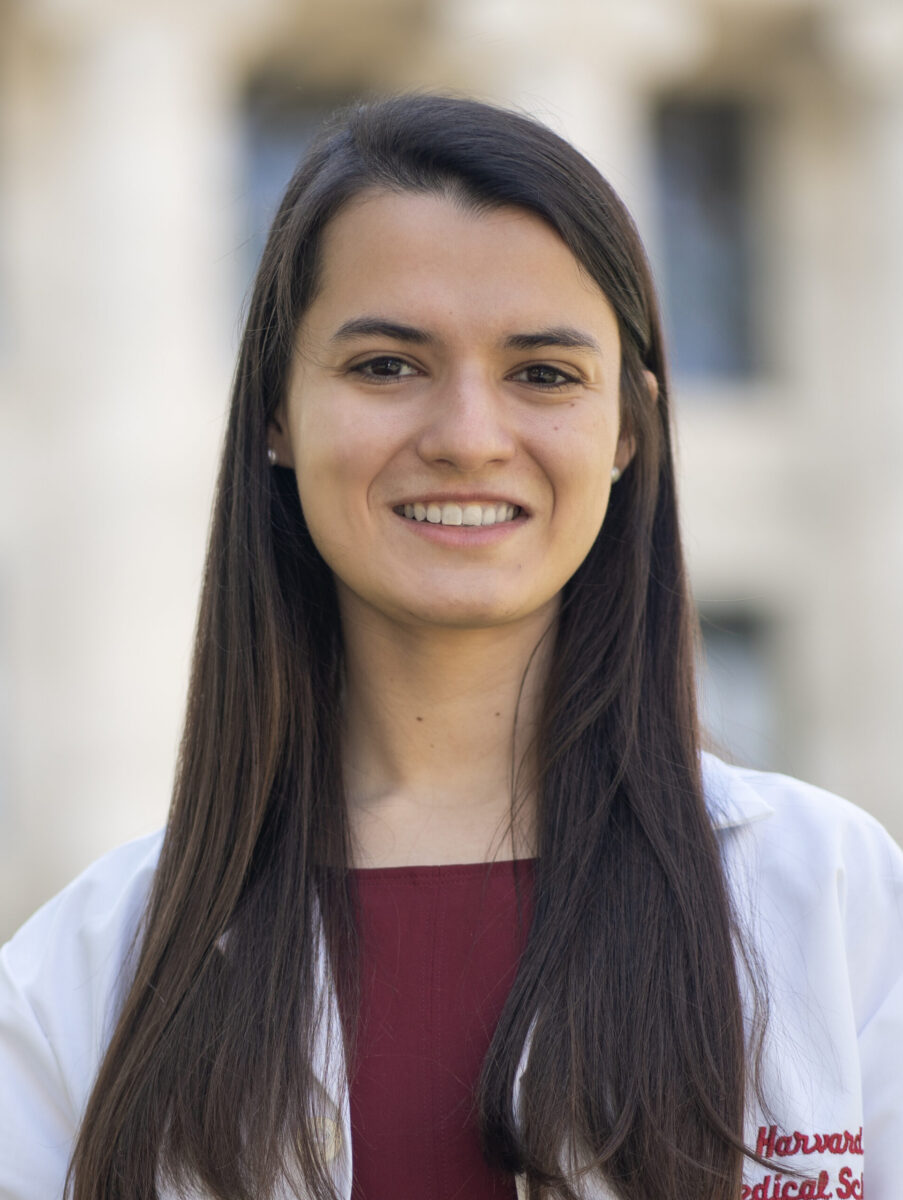
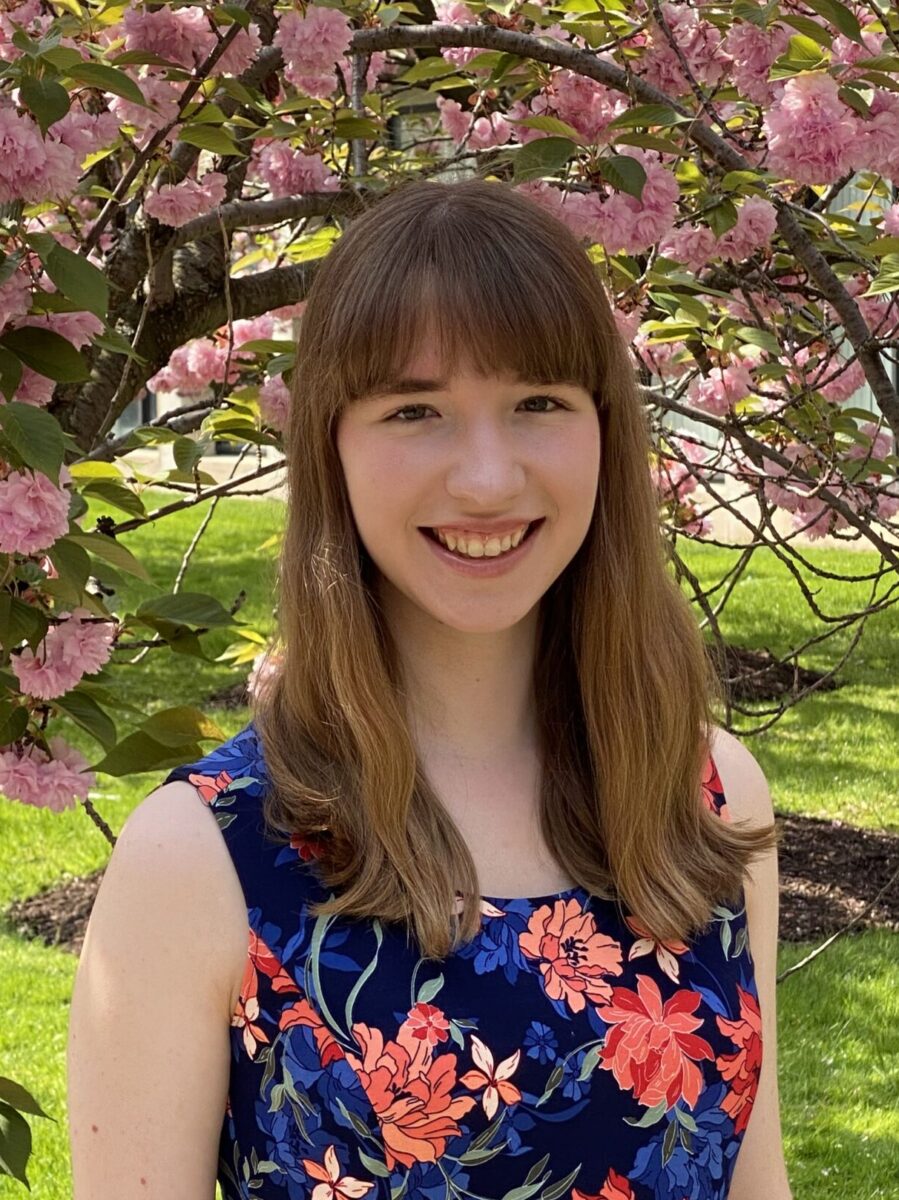
Graduate Student
B.S., University of Rochester, 2019
Amanda graduated from the University of Rochester with a degree in Biomedical Engineering. She is interested in researching the roles that antibodies play in infection, allergy, and autoimmunity and is currently studying antiviral humoral immunity via high-throughput multiplexed serum assays. Outside of lab, Amanda enjoys making music, dancing, hiking, and planning events for undergrad and grad students.
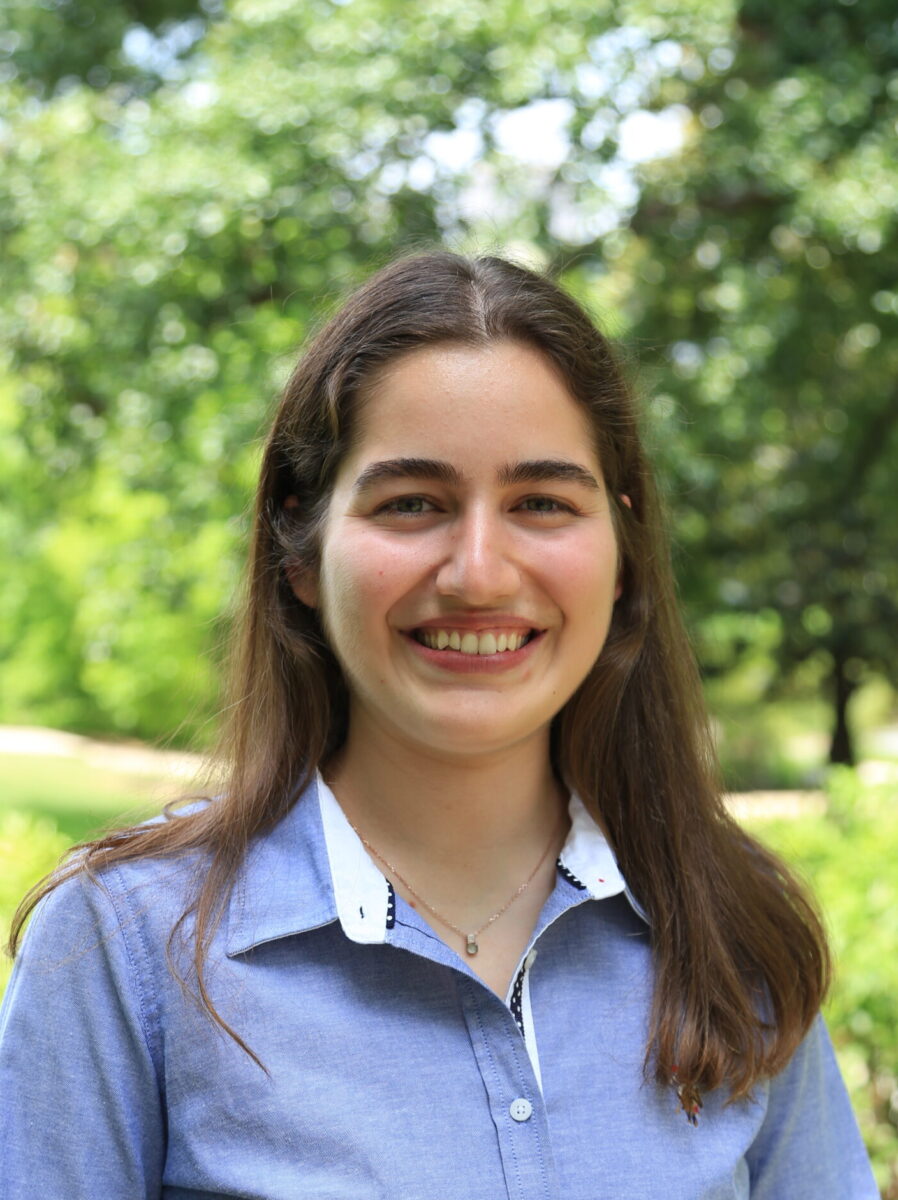
Graduate Student
B.S., Georgia Institute of Technology, 2023
Elif graduated from Georgia Tech with a degree in Biomedical Engineering, where she worked on engineering T cells for thermal control. She is interested in developing approaches for antigen-specific TCR discovery and studying TCR-pMHC interactions in cancer and autoimmunity. Outside of lab, Elif enjoys playing volleyball, going to coffee shops, and cooking Turkish food.
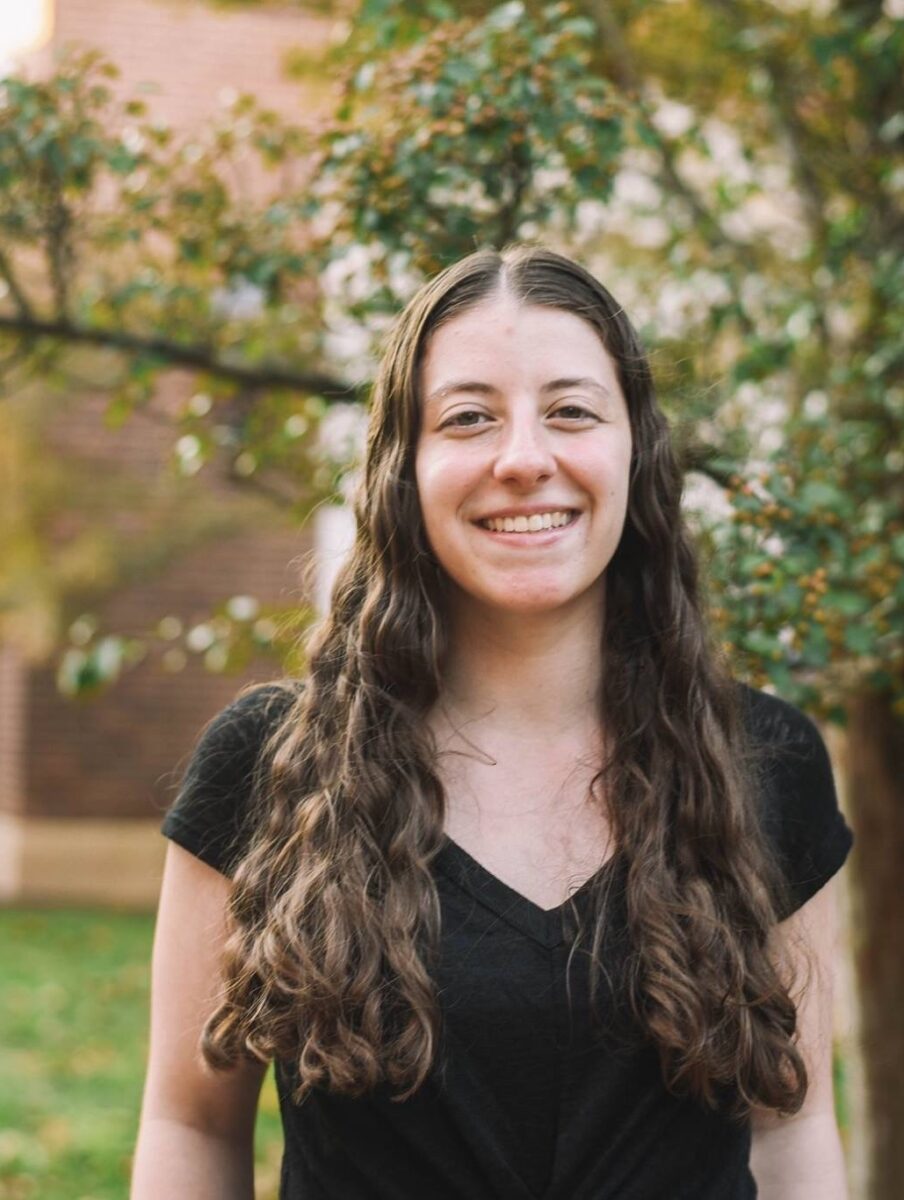
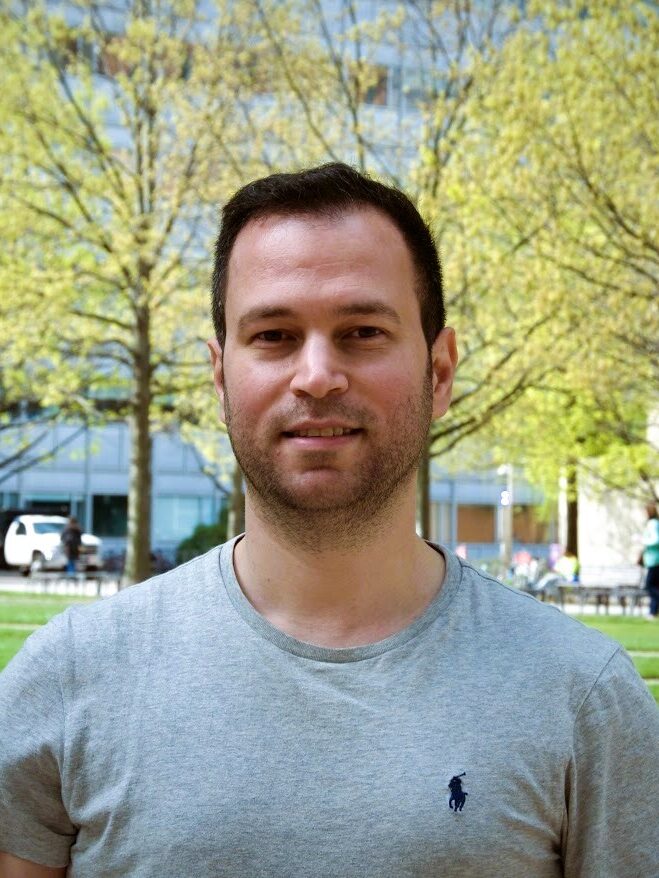
Postdoctoral Fellow
PhD, University of Zurich, 2022
Reza completed his PhD at the University of Zurich in the lab of Professor Roland Martin working on epitope mapping of T cells. In his current position, Reza is interested in characterizing and targeting microbiota-specific T cells using engineered lentiviruses, better understanding of TCR cross-reactivity and B cell targeting modalities. Outside of work, Reza spends time playing chess (perhaps a bit too much!) and finds solace in the beauty of nature through hiking and photography.
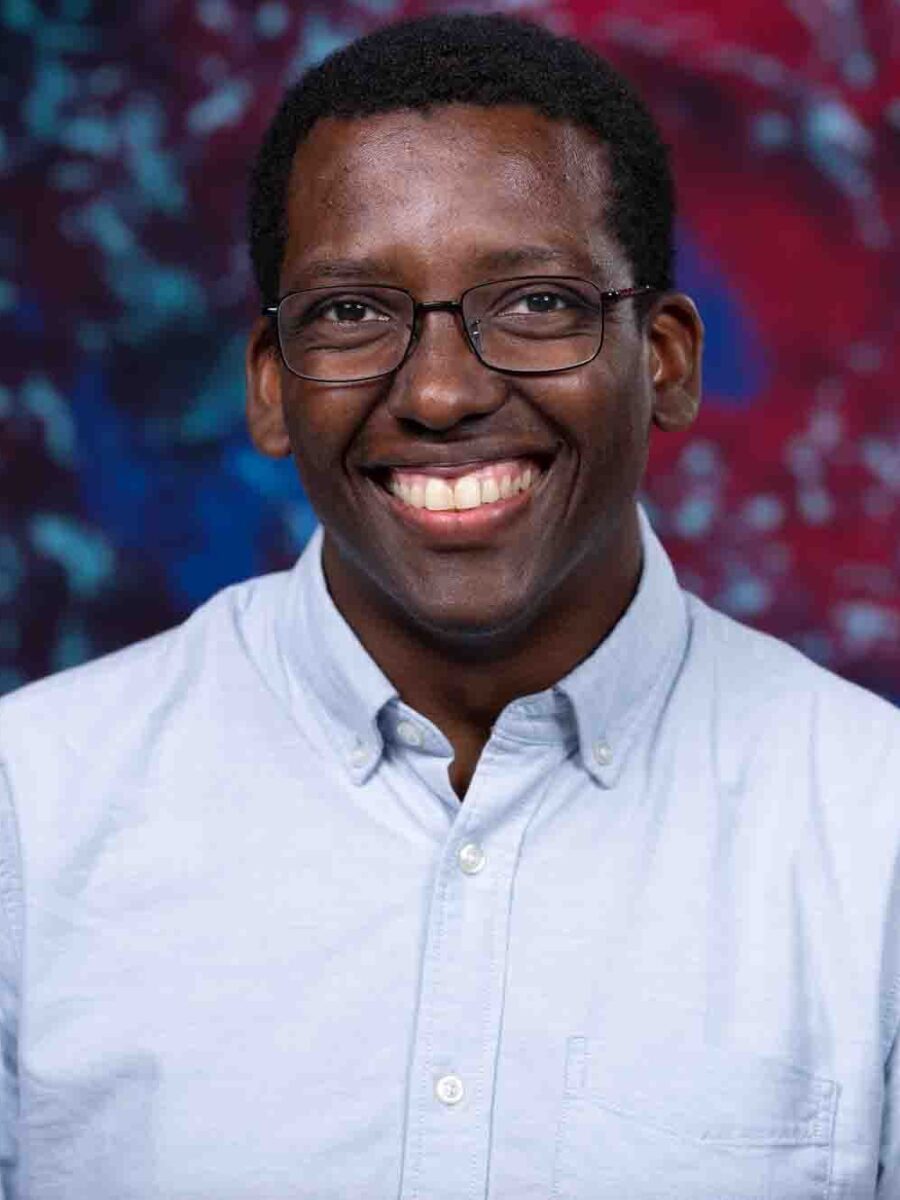
Program Manager
PhD, University of Kansas, 2023
Postdoctoral Researcher, Ragon Institute/MIT/Harvard, 2024
Matheus graduated with his BSc in Chemical Engineering from UFRRJ in Rio de Janeiro. He then completed his PhD and postdoctoral training in immune engineering in the lab of Dr. Brandon DeKosky at KU, the Ragon Institute, and MIT. Matheus currently works as the Program Manager for the MATCHMAKERS team, a research program supported by NCI and CRUK, and for the Birnbaum Lab. Outside of work, Matheus is actively involved in youth mentorship programs and enjoys running along the Charles River, swimming, singing, and watching Flamengo matches.
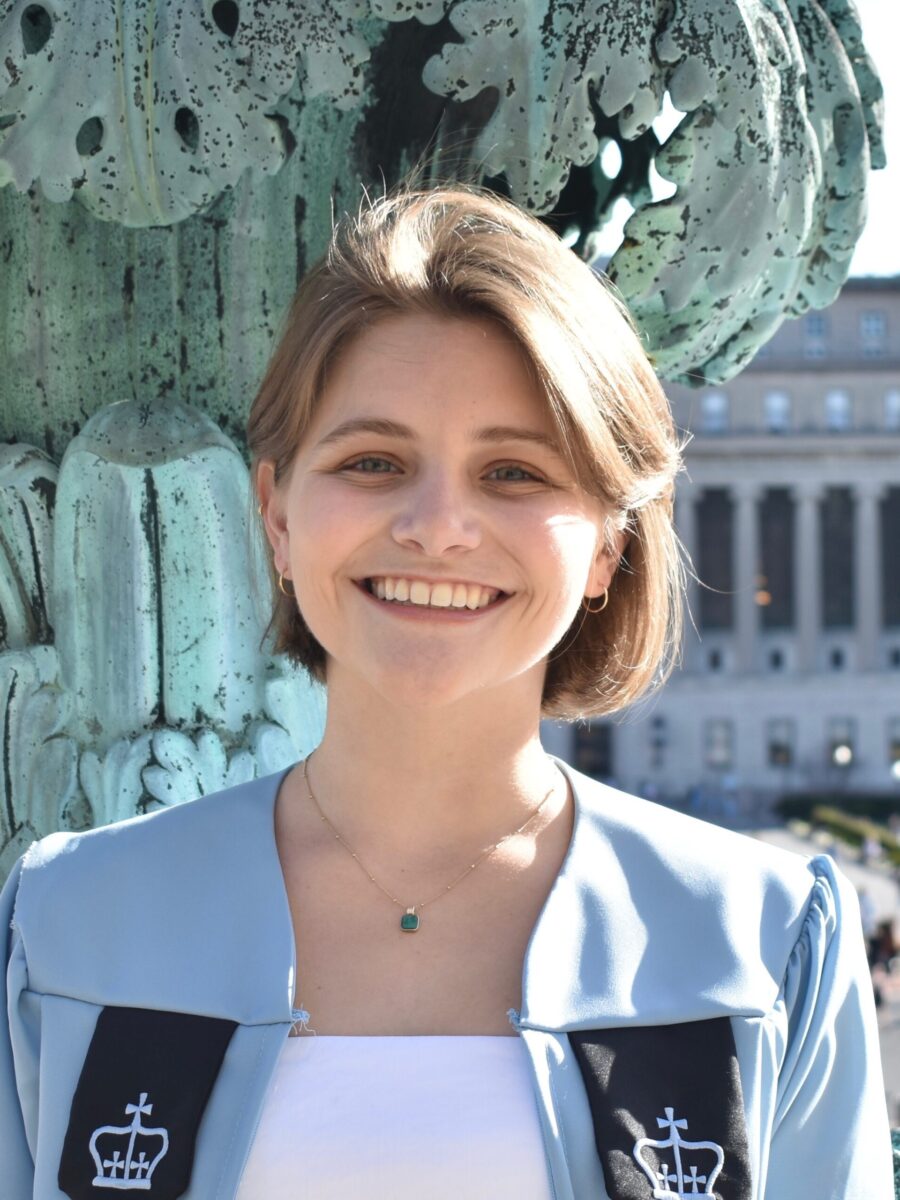
Graduate Student
B.S., Columbia University, 2022
Emme graduated from Columbia University in 2022 with a BS in Biomedical Engineering. She spent the following two years at D. E. Shaw Research, where she used molecular dynamics to support small molecule drug discovery. Emme is now interested in applying her background in structural biology to questions in immunology. Outside the lab, she’s likely playing with her dog, Dill DeBlasio, cooking, or working on a sudoku puzzle.
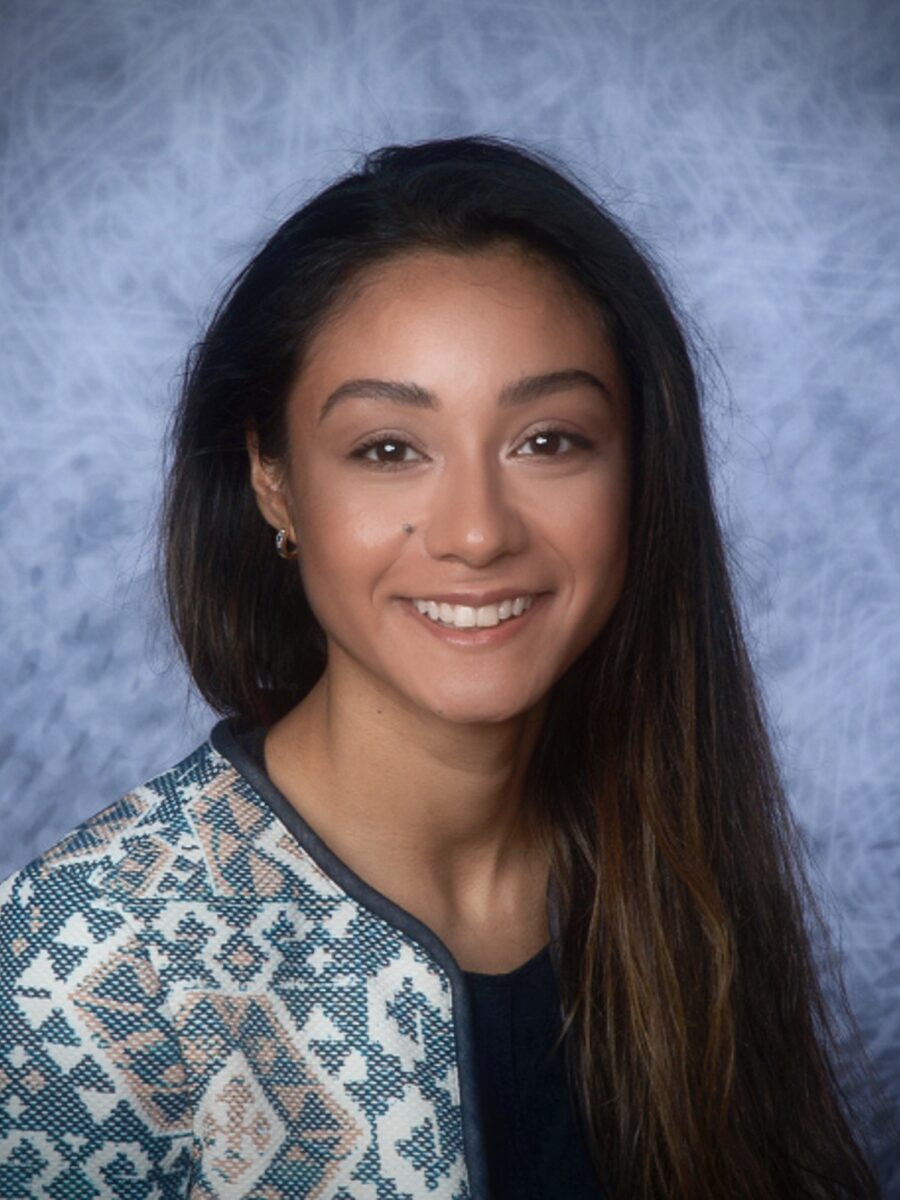
Postdoctoral Fellow
B.A., Barnard College of Columbia University, 2017
Ph.D., Brown University, 2024
Amanda is an MIT Postdoctoral Fellowship Program for Engineering Excellence Fellow and a BWF Postdoctoral Diversity Enrichment Program Fellow co-mentored by Michael Birnbaum, PhD, and Aaron Schmidt, PhD of the Ragon Institute of MGH, MIT, and Harvard. Her research interests are in immunology, vaccine development, and global health. By leveraging protein engineering strategies alongside platforms to elucidate evolutionary antibody dynamics in humans and natural animal reservoirs, Amanda hopes to shed light on how viruses have evaded the mammalian immune system for centuries.
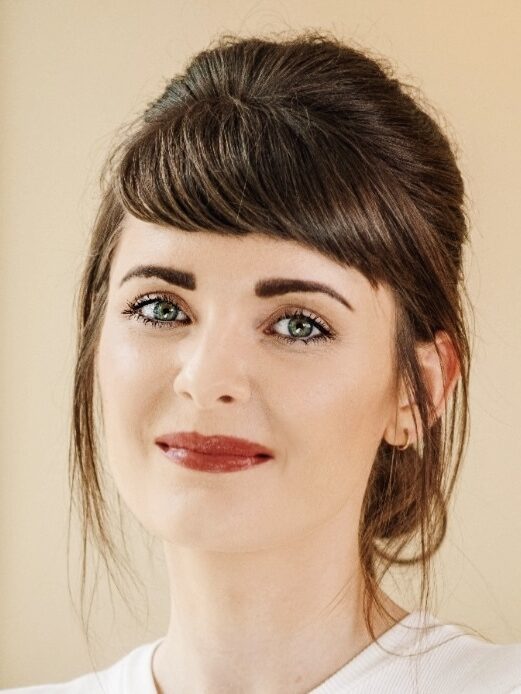
Postdoctoral Fellow
BSc, Imperial College London, 2014
MSc, The University of Oxford, 2015
DPhil, The University of Oxford, 2019
Postdoctoral Researcher, The University of Oxford, 2021
Lucy completed her DPhil (PhD) and first postdoctoral position in the Professor Geraldine Gillespie and Professor Sir Andrew McMichael Labs at The University of Oxford, with a focus on structural immunology. In her current position Lucy is working on a number of projects, from multiplex serology to understanding unconventional TCR-pMHC interactions.Outside of the lab, Lucy enjoys a good game of tennis followed by a large glass of Pimm’s!
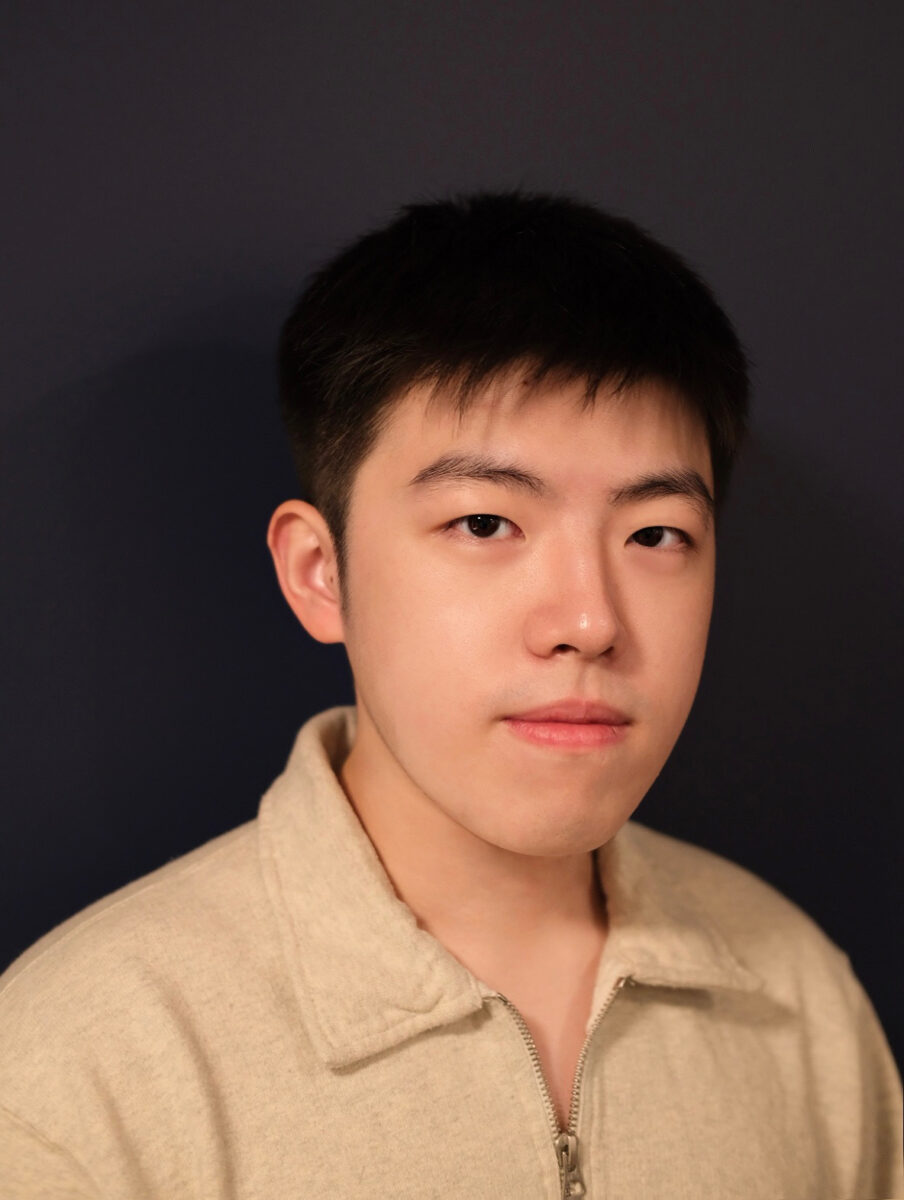
Graduate Student
B.S., Georgia Institute of Technology, 2022
Henry graduated from Georgia Tech with a degree in Biomedical Engineering. He is interested in building modular delivery systems for therapeutic purposes. In his free time, he enjoys watching detective movies and sitcoms, and exploring restaurants.
Our lab works to characterize and manipulate immune cell recognition and function. Since the immune system is breathtakingly complex, oftentimes our ability to understand it requires new methodology. We therefore often engage in the development of new technologies to enable our projects.
We conduct these studies for three reasons. The first is to improve people’s lives; many human diseases – cancer, infection, autoimmunity, and transplant rejection, among others – are either caused by the immune system or can be treated by engineering the immune system. Second, the immune system has long been an excellent proving ground for new technologies and approaches that can broadly impact the study of biology. We hope any tools we create can be taken up by others for their own studies. Third, the complexities of the immune system are captivating, and inherently beautiful. Conducting science to better understand these complexities is a worthy goal on its own.
My mentoring philosophy is simple, with obligations on both sides. I expect everyone in my group to learn fundamentals of research, including how to pick impactful problems to work on, how to rigorously and dispassionately analyze their results, and how to contextualize their advances relative to the field and the world at large. Science can be difficult: most of the best ideas fail, and many of the most compelling hypotheses are not borne out. I therefore am a strong believer in assessing progress by ensuring good processes rather than good outcomes. Despite stereotypes, research rarely progresses via individual brilliance: therefore, I believe in working together as lab and within the larger scientific community.
In exchange, I define my success in mentoring as your success in achieving your goals. The world needs more scientists and engineers who are curious, data-driven, and seek to use science to better the world. It also needs more people trained as scientists and engineers regardless of what they do. I will you define where you want to go, and I will work as hard as you do to get you there.
Science must be conducted for the betterment of all, with involvement by all. We believe our work can only be maximize its impact with these factors in mind. Discrimination against anyone on the basis of race, gender identity, sexual orientation, religion, nationality, or any other factor unacceptably harms those individuals and weakens our society as a whole. Therefore, the Birnbaum lab stands against discrimination, bias, and racism in any form. We strive to address explicit biases wherever they are found, and to be mindful of our own biases that shape how we perceive the world.
However, intention without action is not sufficient. As a training environment, we work to ensure our lab is a safe and welcoming place for all who are interested, and work to ensure the same in our communities. We also work to ensure our research can impact the world at large, with efforts ranging from studying diseases such as HIV with disproportionate impact in Low and Middle Income Countries, to ensuring that our work on immune profiling is applicable to the entire global population, to innovating to reduce costs for cutting edge therapies such as CAR-T cells which are currently largely available to the privileged few.